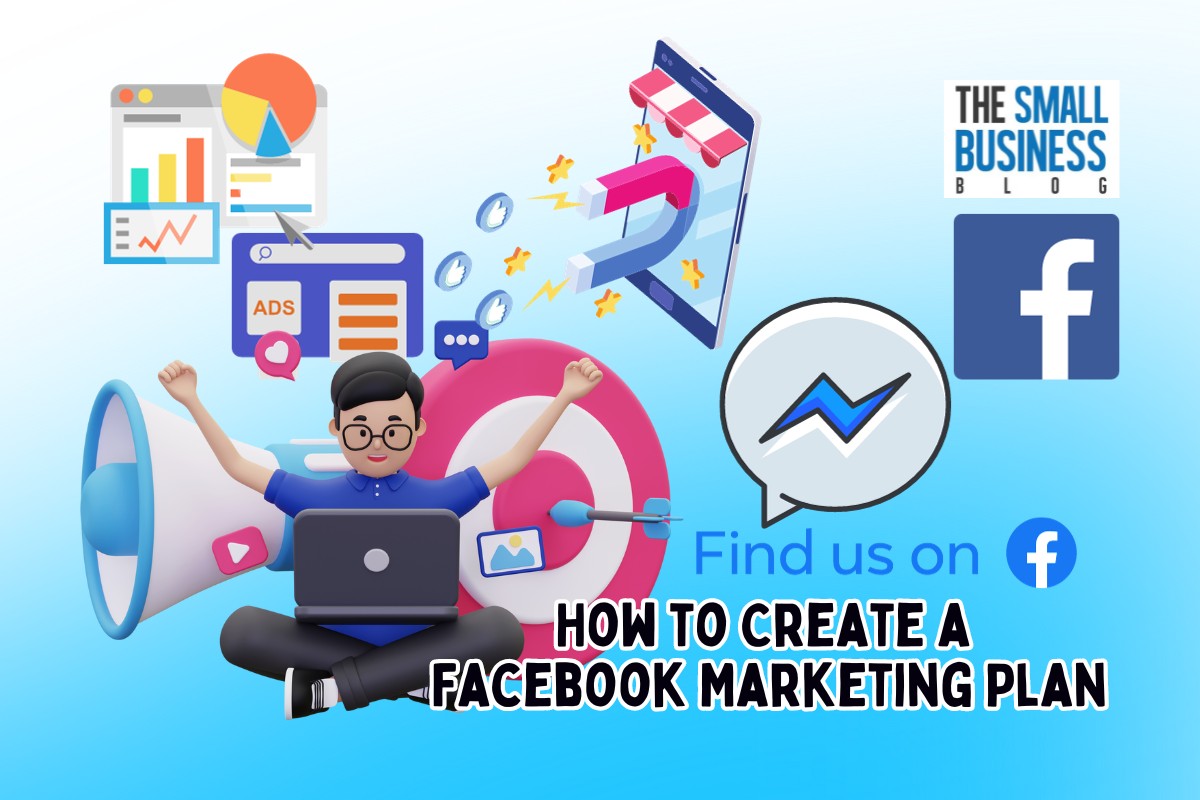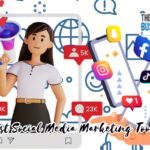Creating a Facebook marketing plan is akin to establishing a virtual storefront where every passerby is a potential customer.
This guide is your comprehensive resource on how to create a Facebook marketing plan, unlocking the vast potential of Facebook, a platform where businesses of all sizes find their audience among billions of daily interactions.
We’ll navigate you through crafting a strategy that transcends mere content posting, focusing on building connections, understanding your audience, and converting clicks into loyal customers.
Delving into the art of engaging posts and the science of targeted advertising, this article serves as your gateway to mastering Facebook marketing, ensuring your brand shines in the dynamic online marketplace.
Post Contents
- 1 How to Create a Facebook Marketing Plan
- 2 Tips and Strategies for Effective Facebook Marketing
- 2.1 1. Regular Updates and Engagement
- 2.2 2. Leveraging Blog Posts and Website Content
- 2.3 3. Utilizing Infographics
- 2.4 4. Industry News and Articles
- 2.5 5. Special Offers and Promotions
- 2.6 6. Cross-Platform Promotion
- 2.7 7. Physical Store Integration
- 2.8 8. Facebook Messenger as a Tool
- 2.9 9. Engaging with User Content
- 2.10 10. Facebook Ads
- 3 FAQs
- 4 Conclusion
How to Create a Facebook Marketing Plan

Embarking on a Facebook marketing journey begins with a clear understanding of who you’re talking to.
Imagine your Facebook page as a community hub where your ideal customers gather.
The first step is to get to know these people – their likes, dislikes, and what they talk about.
This is where audience research comes into play.
Use Facebook’s tools to dig into demographics and interests, helping you tailor your message to resonate with your audience.
Next, clarity in your goals is crucial.
Ask yourself, what do you want to achieve with your Facebook presence?
It could be increasing brand awareness, boosting sales, or driving traffic to your website.
Your objectives will shape the content you create and how you engage with your audience.
Content is the heart of your Facebook strategy.
It’s not just about what you post, but how it speaks to your audience.
Mix up your content types – from eye-catching images and videos to informative blog posts and timely updates.
Remember, the key is to provide value, whether it’s solving a problem, entertaining, or informing your audience.
This approach helps in building a loyal following who not only engage with your content but also share it, expanding your reach organically.
Interaction is the soul of your Facebook page.
It’s not enough to just post content; you need to engage with your audience.
Respond to comments, participate in conversations, and create posts that encourage interaction, like polls or questions.
This not only boosts your visibility but also makes your audience feel heard and valued.
Lastly, keep an eye on the performance of your posts.
Facebook provides a wealth of analytics that can offer insights into what’s working and what’s not.
Use this data to refine your strategy, experiment with different types of content, and adjust your approach based on what resonates most with your audience.
Tips and Strategies for Effective Facebook Marketing
In this section, we dive into practical tips and strategies to elevate your Facebook marketing plan.
These are actionable steps you can take to ensure your efforts on Facebook not only capture attention but also drive real engagement and growth for your business.
1. Regular Updates and Engagement
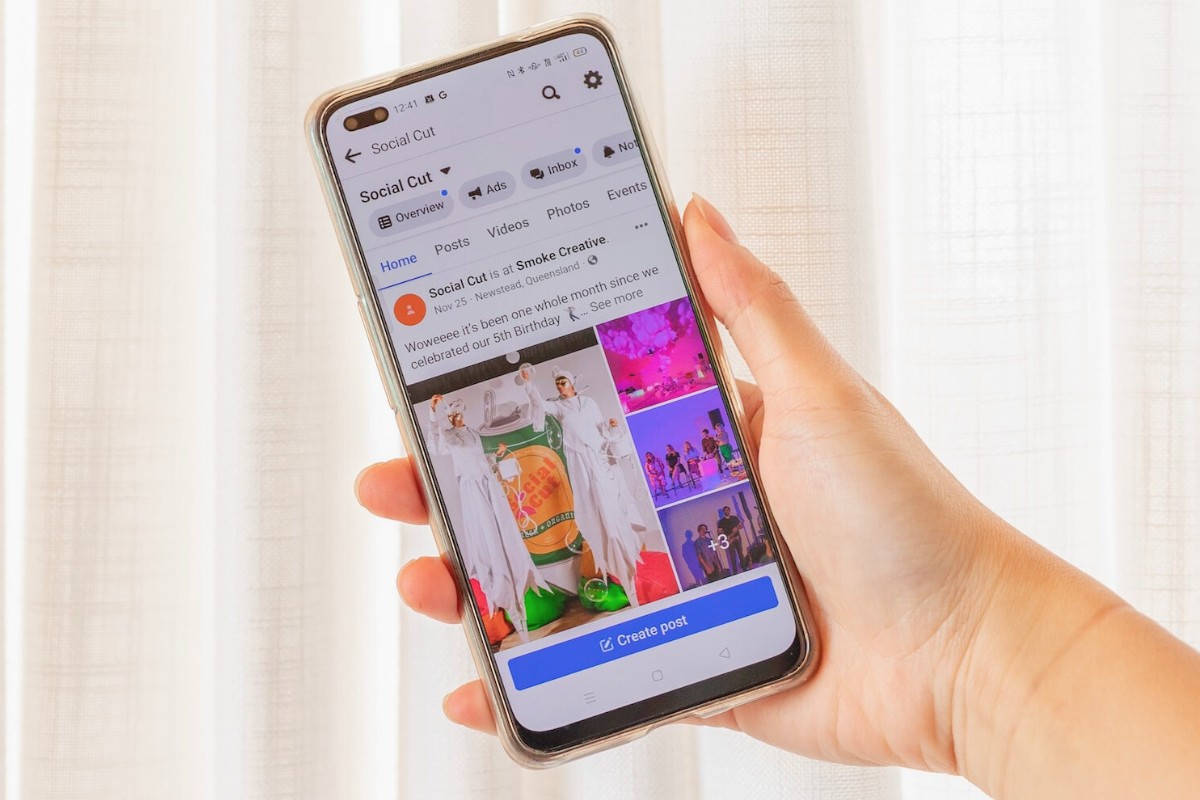
Consistency is key in keeping your audience engaged on Facebook.
Think of your Facebook page as a living, breathing space where regular updates keep the conversation going.
Post content that reflects your brand’s personality and values, and make sure to mix it up to keep things interesting.
Engage with your audience by responding to comments and messages promptly.
This not only builds trust but also fosters a sense of community around your brand.
2. Leveraging Blog Posts and Website Content
Your website and blog are treasure troves of content that can be repurposed for your Facebook page.
Sharing blog posts or website updates on Facebook can drive traffic back to your site and help establish your expertise in your field.
When sharing this content, add a personal touch or an intriguing question to encourage clicks and foster discussion.
3. Utilizing Infographics
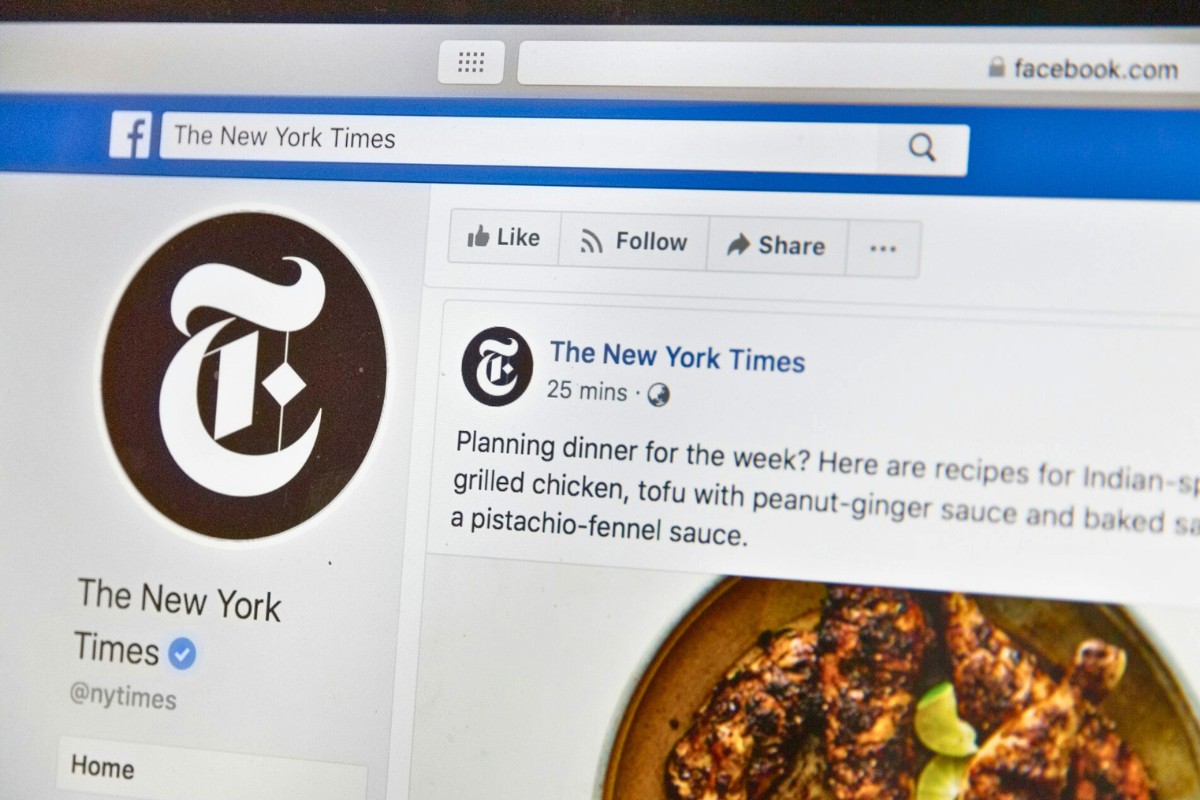
Infographics are a powerful tool in your Facebook arsenal.
They turn complex information into easy-to-digest, visually appealing content that’s perfect for sharing.
A well-designed infographic can boost engagement, shares, and even drive traffic to your site.
Remember, the goal is to provide value and make complex topics accessible to your audience.
4. Industry News and Articles
Sharing relevant industry news and articles positions your brand as a knowledgeable and up-to-date source in your field.
It shows that you’re not just about selling a product or service, but you’re also invested in the industry and your audience’s broader interests.
This approach helps in building credibility and keeping your audience informed.
5. Special Offers and Promotions
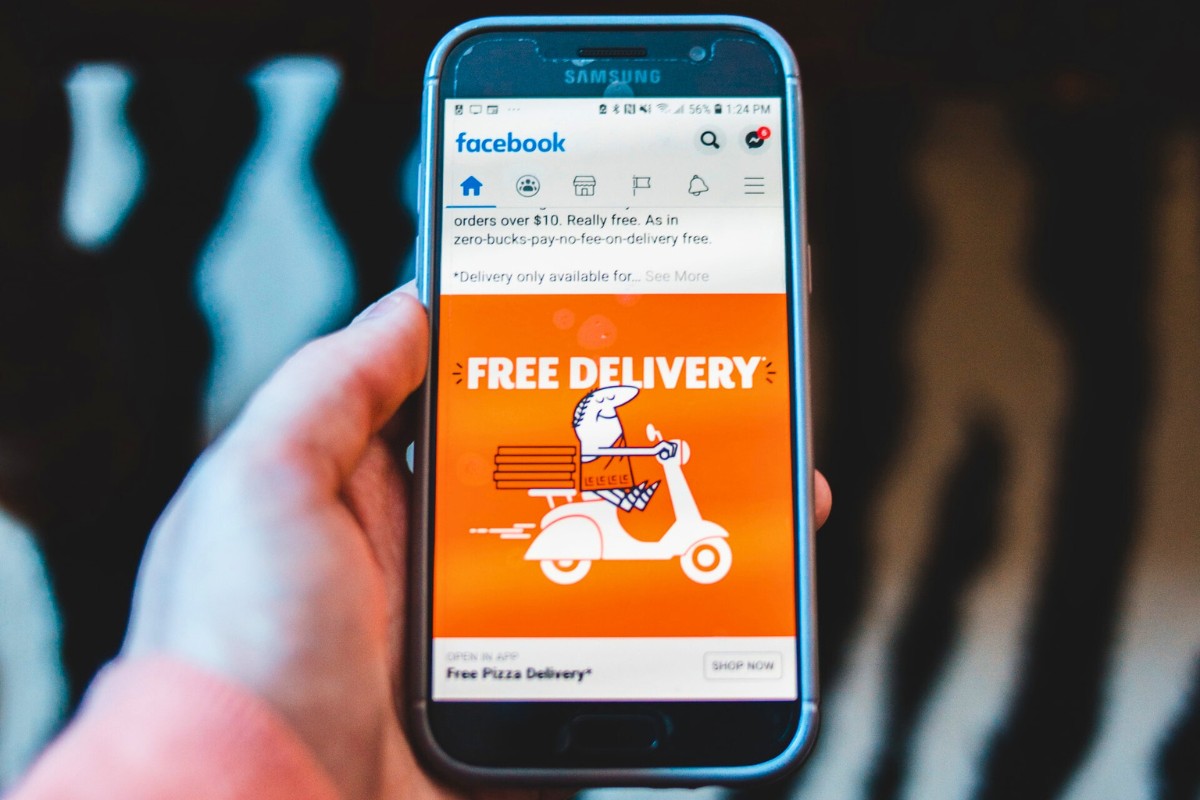
Special offers and promotions on Facebook can create a buzz and drive significant engagement.
But it’s not just about announcing a sale; it’s about creating an offer that feels exclusive and valuable to your Facebook audience.
Consider time-limited deals, Facebook-only discounts, or early access to new products for your followers.
You can also use Facebook’s targeting features to tailor your promotions to specific audience segments.
Engaging visuals and clear calls-to-action are crucial to make these offers stand out.
Tracking the performance of these promotions can also provide valuable insights for future campaigns.
6. Cross-Platform Promotion
Don’t limit your Facebook strategy to Facebook alone.
Cross-promote your content across different social media platforms to maximize your reach.
Include links to your Facebook page in your email newsletters, on your website, and in other marketing materials.
This integrated approach ensures that your audience knows where to find you, no matter where they are.
7. Physical Store Integration

Integrating your physical store with your Facebook strategy can create a seamless experience for your customers.
Use your Facebook page to promote in-store events, exclusive in-store promotions, or highlight new product arrivals.
Encourage your in-store customers to follow your Facebook page for special updates.
You can also create a Facebook check-in promotion, offering discounts to customers who check in at your store on Facebook.
This not only increases your online visibility but also bridges the gap between your online and offline presence, enhancing overall brand engagement.
8. Facebook Messenger as a Tool
Facebook Messenger is a powerful tool for personalized customer interaction.
Beyond just responding to inquiries, it can be used for proactive customer engagement.
For instance, you can send updates about new products, special events, or promotions directly to your customers.
Messenger bots can be employed to provide instant automated responses to common queries, improving response times.
Additionally, consider using Messenger for gathering customer feedback or conducting surveys.
This direct line of communication can significantly enhance customer service and build stronger relationships with your audience.
9. Engaging with User Content
Engage with content where your business is tagged.
Acknowledging and interacting with user-generated content shows that you value your customers’ input and experiences.
This engagement not only strengthens your relationship with existing customers but also encourages others to share their interactions with your brand.
10. Facebook Ads
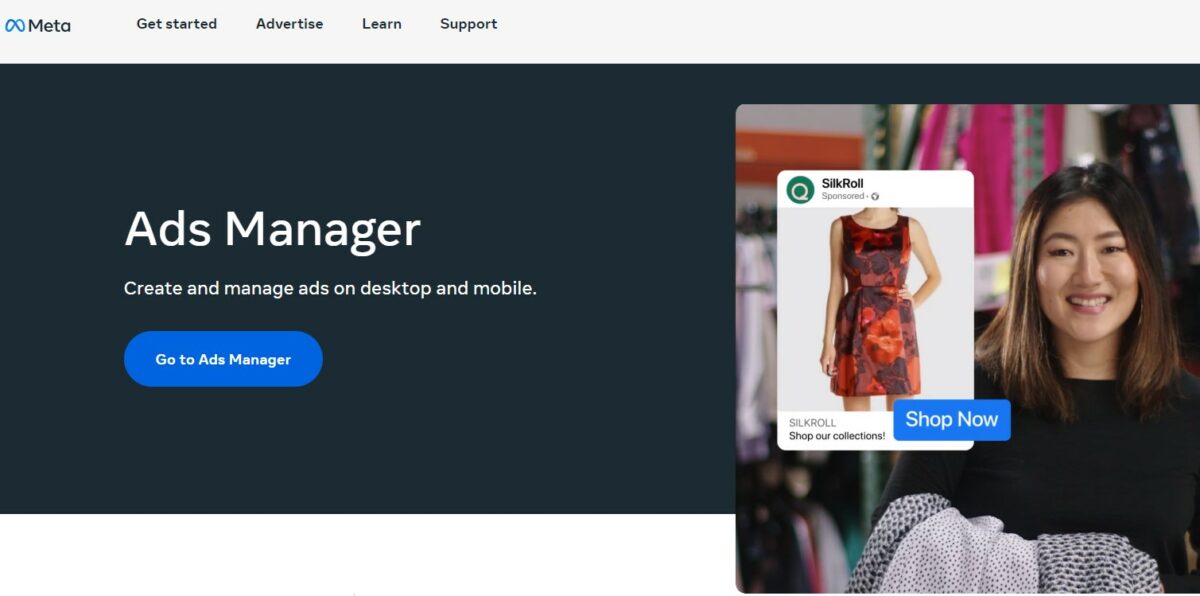
Leverage Facebook ads to extend your reach and target specific audience segments.
Facebook’s advertising platform offers a variety of ad formats and targeting options, allowing you to create tailored campaigns that resonate with your audience.
Use ads to highlight key products, promote offers, or increase brand awareness.
By incorporating these strategies into your Facebook marketing plan, you can create a dynamic and engaging presence that not only attracts attention but also fosters a loyal community around your brand.
Remember, the key is to be authentic, responsive, and always focused on providing value to your audience.
FAQs
How Often Should I Post on My Facebook Page?
The frequency of posts on your Facebook page should strike a balance between keeping your audience engaged and not overwhelming them.
Generally, posting once a day is effective.
However, this can vary based on your audience’s preferences and behavior.
It’s important to monitor engagement levels and adjust your posting schedule accordingly.
Quality always trumps quantity, so focus on creating valuable and relevant content for your audience.
Can Small Businesses Benefit from Facebook Marketing?
Absolutely, small businesses can significantly benefit from Facebook marketing.
It’s a cost-effective way to reach a wider audience, engage with customers, and build brand loyalty.
Small businesses can use Facebook to showcase their products or services, share customer testimonials, and interact directly with their audience.
With targeted advertising options, even businesses with limited budgets can reach specific demographics effectively.
What’s the Best Way to Handle Negative Comments on Facebook?
Handling negative comments on Facebook requires a tactful approach.
Firstly, respond promptly and professionally, acknowledging the customer’s concerns.
Offer to resolve the issue offline if necessary, by providing contact information for further discussion.
It’s important to stay calm and not take negative comments personally.
Demonstrating that you value customer feedback and are committed to resolving issues can turn a negative experience into a positive one for both the customer and your audience.
Conclusion
Crafting a Facebook marketing plan is a journey of connecting with your audience, understanding their needs, and delivering content that resonates.
This guide helps you master how to create a Facebook marketing plan, delving into various strategies and tips for effective navigation.
From regular updates and leveraging your existing content to engaging with user-generated content and harnessing the power of Facebook ads, each element is vital in establishing a robust presence on the platform.
The essence of a successful Facebook marketing strategy lies in its adaptability to audience preferences and the dynamic digital environment.
By being adaptable, authentic, and focused on delivering value, your Facebook page can transform into a thriving community that bolsters your business objectives.







